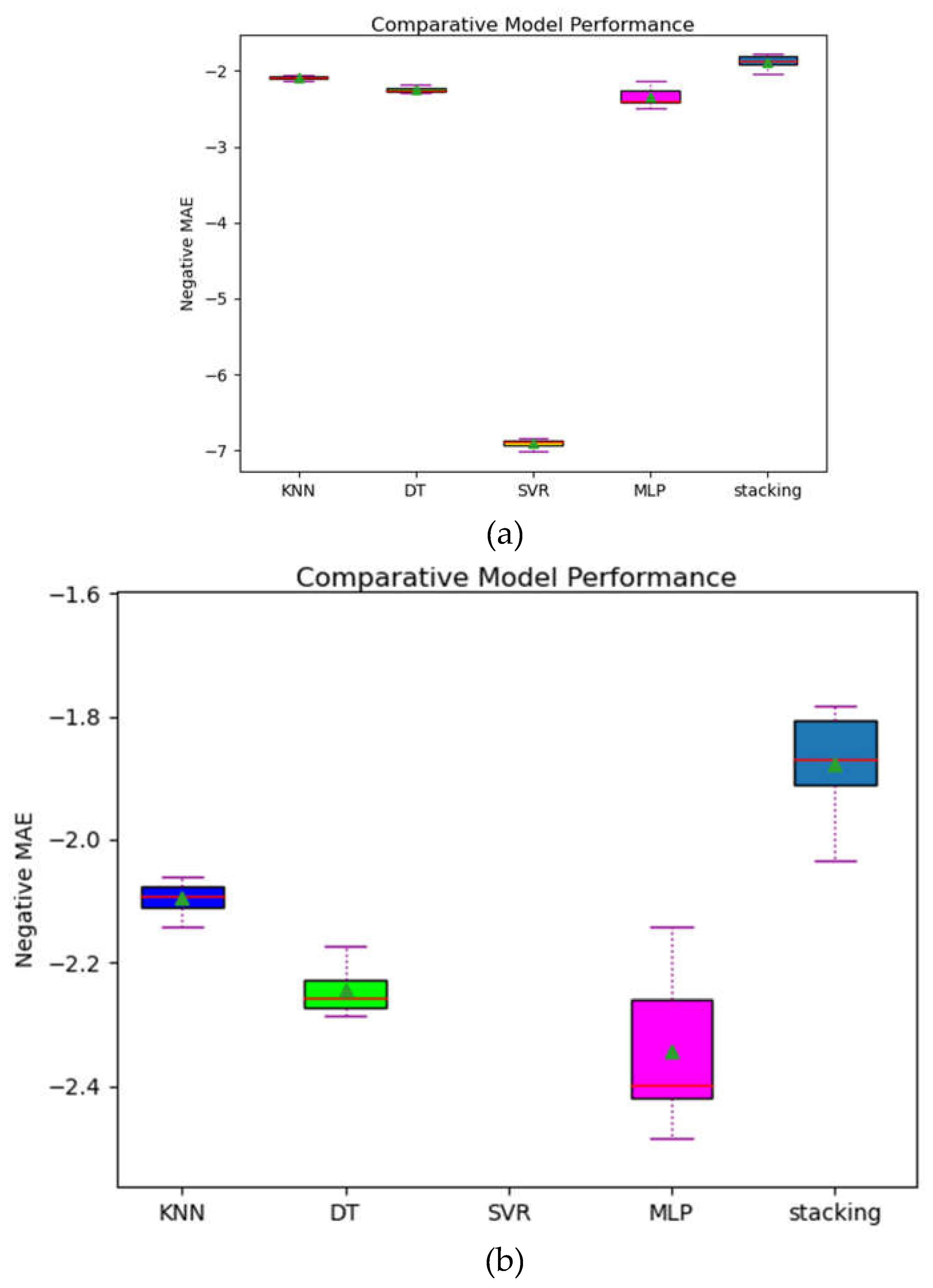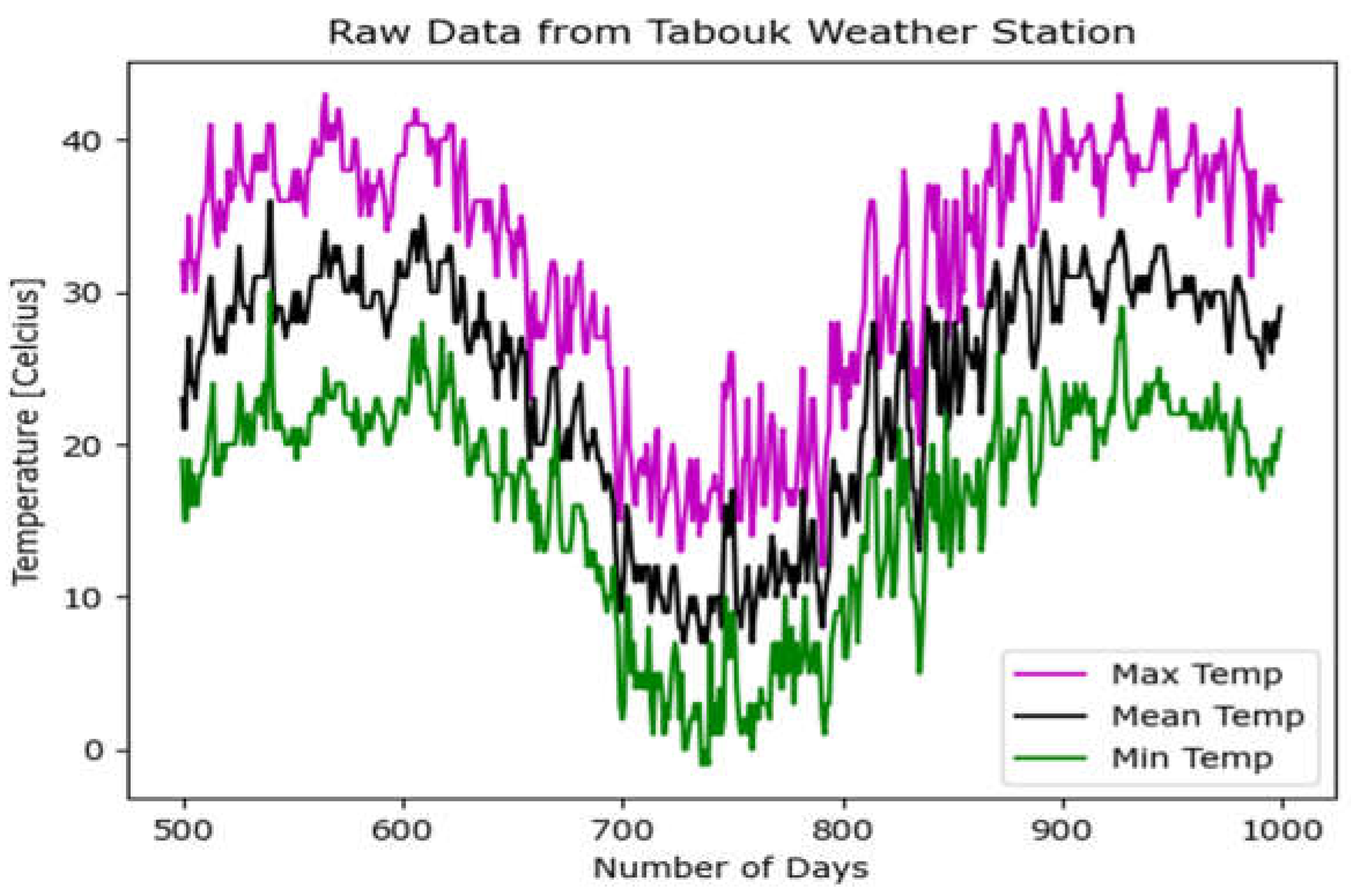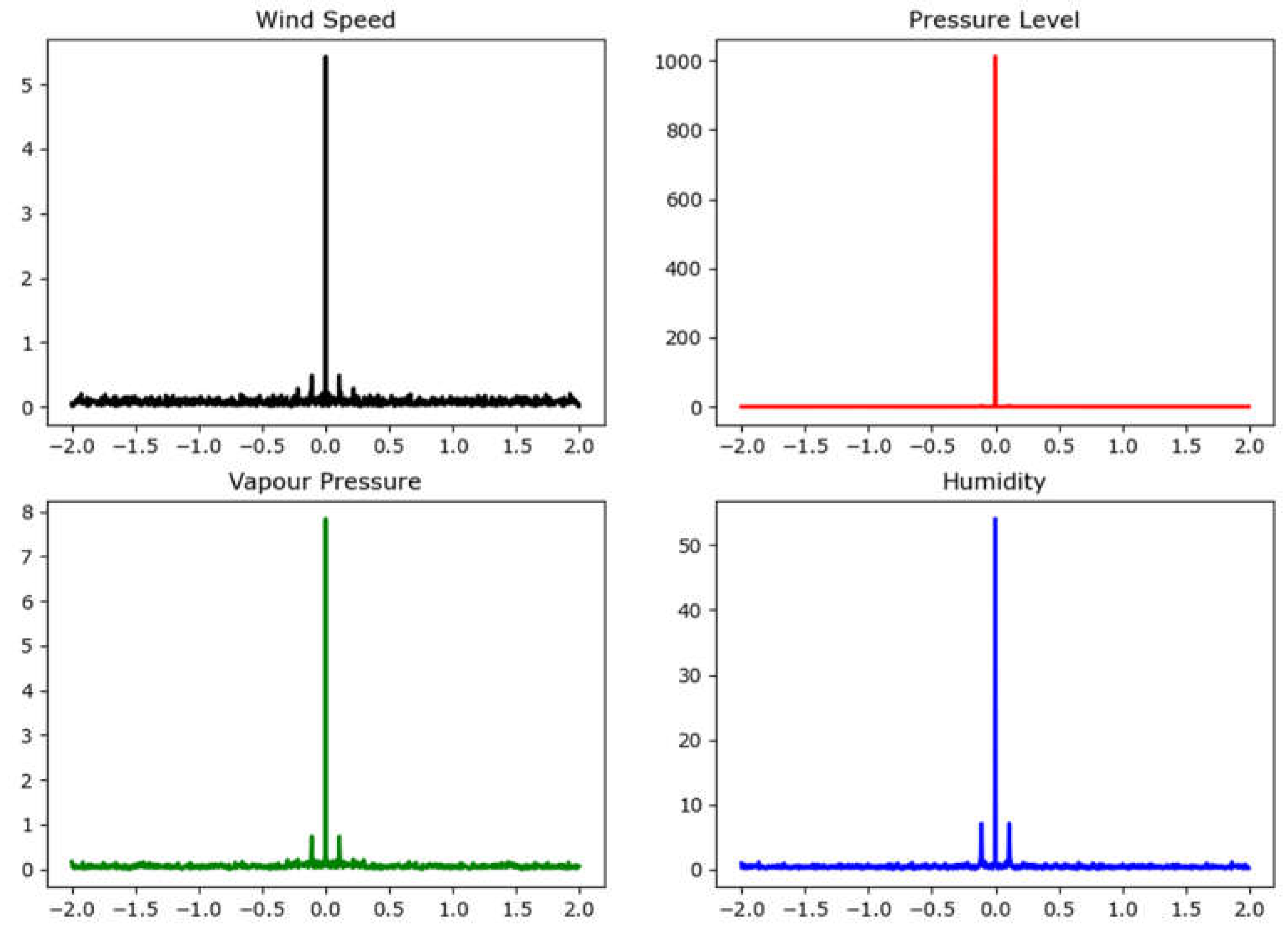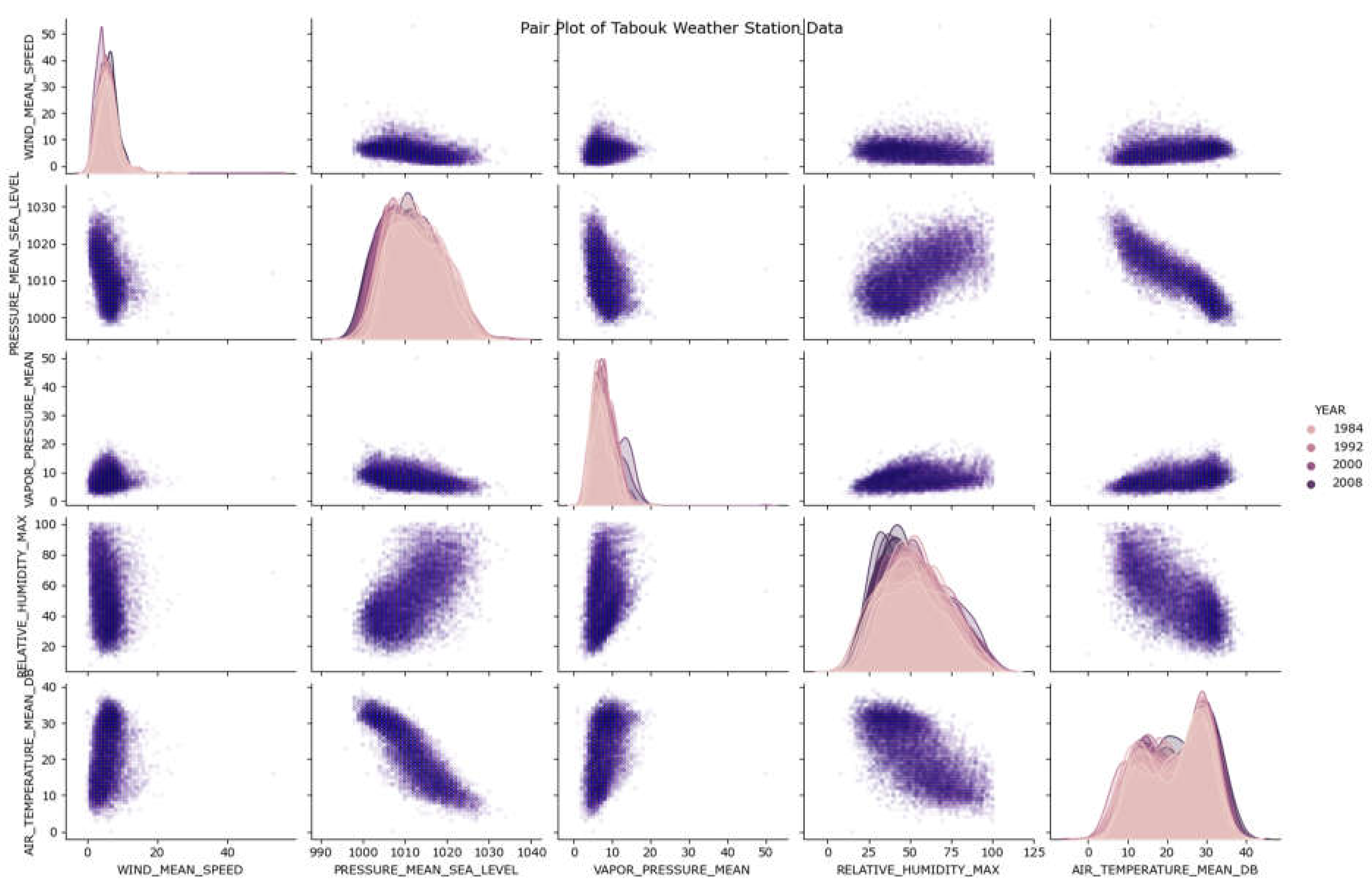Submitted:
13 May 2024
Posted:
14 May 2024
You are already at the latest version
Abstract
Keywords:
1. Introduction
2. Data Collection and Data Patterns
3. Results

Acknowledgments
References
- Poh, C., Gulrez, T., & Konak, M. (2021, March). Minimal neural networks for real-time online nonlinear system identification. In 2021 IEEE Aerospace Conference (50100) (pp. 1-9). IEEE.
- Azari, B. , Hassan, K., Pierce, J., & Ebrahimi, S. Evaluation of machine learning methods application in temperature prediction. Environ Eng 2022, 8, 1–12. [Google Scholar] [CrossRef]
- Smith, J. , Gulrez, T., & Konak, M. (2021, January). Deriving optimal control from data using machine learning for force control systems. In AIAC 2021: 19th Australian International Aerospace Congress: 19th Australian International Aerospace Congress (pp. 173-178). Engineers Australia.
- Gulrez, T. , & Mansell, W. High Performance on Atari Games Using Perceptual Control Architecture Without Training. Journal of Intelligent & Robotic Systems 2022, 106, 45. [Google Scholar] [CrossRef]
- Feigl, M. , Lebiedzinski, K., Herrnegger, M., & Schulz, K. Machine-learning methods for stream water temperature prediction. Hydrology and Earth System Sciences 2021, 25, 2951–2977. [Google Scholar] [CrossRef]
- Gulrez, T. Robots Used Today that we Did Not Expect 20 Years Ago (from the Editorial Board Members). Journal of Intelligent & Robotic Systems 2021, 102. [Google Scholar] [CrossRef]
- Qu, N. , Liu, Y., Liao, M., Lai, Z., Zhou, F., Cui, P.,... & Zhu, J. Ultra-high temperature ceramics melting temperature prediction via machine learning. Ceramics International 2019, 45, 18551–18555. [Google Scholar] [CrossRef]
- Gulrez, T. , & Tognetti, A. A sensorized garment controlled virtual robotic wheelchair. Journal of Intelligent & Robotic Systems 2014, 74, 847–868. [Google Scholar] [CrossRef]
- Radhika, Y. , & Shashi, M. Atmospheric temperature prediction using support vector machines. International journal of computer theory and engineering 2009, 1, 55. [Google Scholar] [CrossRef]
- Hong, S. , Park, C., & Cho, S. A rail-temperature-prediction model based on machine learning: warning of train-speed restrictions using weather forecasting. Sensors 2021, 21, 4606. [Google Scholar] [CrossRef] [PubMed]
- Joanne B. Culpepper, Tauseef Gulrez, "Machine learning approach for extracting radiometric data from RGB images: a preliminary study," Proc. SPIE 12736, Target and Background Signatures IX, 127360G (23 October 2023).
- Gulrez, T. , Mansell, W. High Performance on Atari Games Using Perceptual Control Architecture Without Training. J Intell Robot Syst 2022, 106, 45. [Google Scholar] [CrossRef]
- Gulrez, T. , & Al-Odienat, A. A New Perspective on Principal Component Analysis using Inverse Covariance. International Arab Journal of Information Technology (IAJIT) 2015, 12. [Google Scholar]
- Challa, S. , Gulrez, T., Chaczko, Z., & Paranesha, T. N. (2005, July). Opportunistic information fusion: a new paradigm for next generation networked sensing systems. In 2005 7th international conference on information fusion (Vol. 1, pp. 8–pp). IEEE.
- Kavaliauskaitė, D. , Gulrez, T., & Mansell, W. What is the relationship between spontaneous interpersonal synchronization and feeling of connectedness? A study of small groups of students using MIDI percussion instruments. A study of small groups of students using MIDI percussion instruments. Psychology of Music 2023, 03057356231207049. [Google Scholar] [CrossRef]
- Marken, R. , Kennaway, R., & Gulrez, T. Behavioral illusions: The snark is a boojum. Theory & Psychology 2022, 32, 491–514. [Google Scholar] [CrossRef]
- Gulrez, T., Kekoc, V., Williams, D., Mills, T., Verhagen, V., Ong, J., & Marzocca, P. (2021, January). A physical load metric development for assessment of mixed reality in aircraft inspection tasks. In Proceedings of the19th Australian International Aerospace Congress (AIAC 2021) (pp. 167-172). Engineers Australia.
- Gulrez, T., Kekoc, V., Gaurvit, E., Schuhmacher, M., & Mills, T. (2023, March). Machine Learning Enabled Mixed Reality Systems-For Evaluation and Validation of Augmented Experience in Aircraft Maintenance. In Proceedings of the 2023 7th International Conference on Virtual and Augmented Reality Simulations (pp. 77-83).
- Gulrez, T., Meziani, S. N., Rog, D., Jones, M., & Hodgson, A. (2016). Can autonomous sensor systems improve the well-being of people living at home with neurodegenerative disorders?. In Cross-Cultural Design: 8th International Conference, CCD 2016, Held as Part of HCI International 2016, Toronto, ON, Canada, July 17-22, 2016, Proceedings 8 (pp. 649-658). Springer International Publishing.
- Russo, S., Meziani, S. N., Gulrez, T., Carbonaro, N., & Tognetti, A. (2016). Towards the development of an EIT-based stretchable sensor for multi-touch industrial human-computer interaction systems. In Cross-Cultural Design: 8th International Conference, CCD 2016, Held as Part of HCI International 2016, Toronto, ON, Canada, July 17-22, 2016, Proceedings 8 (pp. 563-573). Springer International Publishing.
- Gulrez, T. Do We Need an ‘Interaction Measure’Between Human Body and Robotic Interfaces. Int J Swarm Intel Evol Comput 2015, 4, e110. [Google Scholar] [CrossRef]
- Gulrez, T. , & Tognetti, A. A sensorized garment controlled virtual robotic wheelchair. Journal of Intelligent & Robotic Systems 2014, 74, 847–868. [Google Scholar] [CrossRef]
- Gulrez, T., Tognetti, A., & De Rossi, D. Sensorized garment augmented 3d pervasive virtual reality system. Pervasive Computing: Innovations in Intelligent Multimedia and Applications. 2010, 97–115. [CrossRef]
- Gulrez, T., Kavakli, M., & Tognetti, A. (2008). Robotics and virtual reality: A marriage of two diverse streams of science. In Computational Intelligence in Multimedia Processing: Recent Advances (pp. 99-118). Berlin, Heidelberg: Springer Berlin Heidelberg.
- Gulrez, T., & Kavakli, M. (2007, June). Precision position tracking in virtual reality environments using sensor networks. In 2007 IEEE International Symposium on Industrial Electronics (pp. 1997-2003). IEEE.



Disclaimer/Publisher’s Note: The statements, opinions and data contained in all publications are solely those of the individual author(s) and contributor(s) and not of MDPI and/or the editor(s). MDPI and/or the editor(s) disclaim responsibility for any injury to people or property resulting from any ideas, methods, instructions or products referred to in the content. |
© 2024 by the authors. Licensee MDPI, Basel, Switzerland. This article is an open access article distributed under the terms and conditions of the Creative Commons Attribution (CC BY) license (http://creativecommons.org/licenses/by/4.0/).



